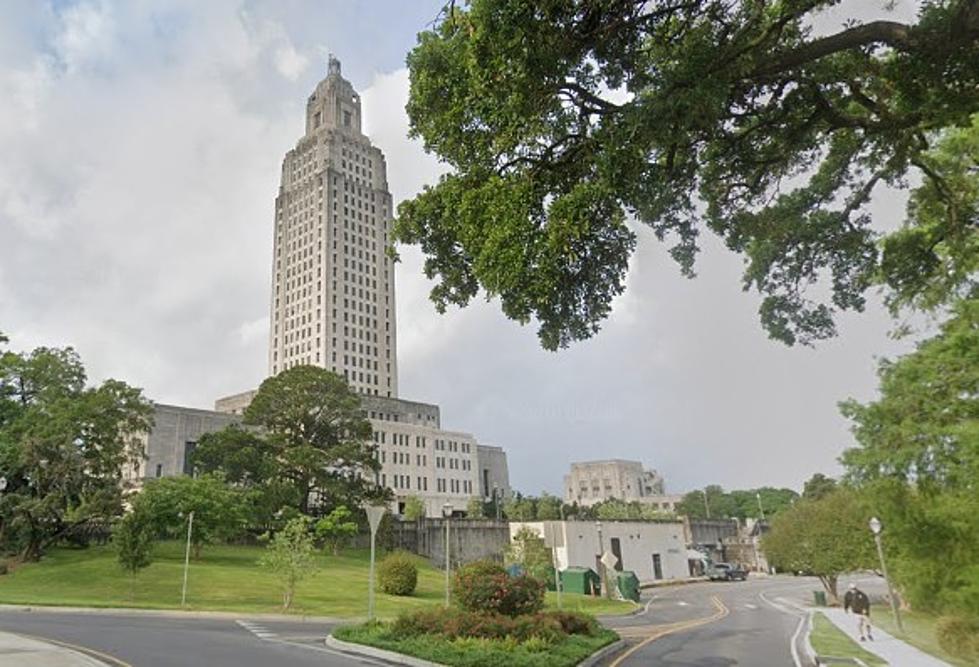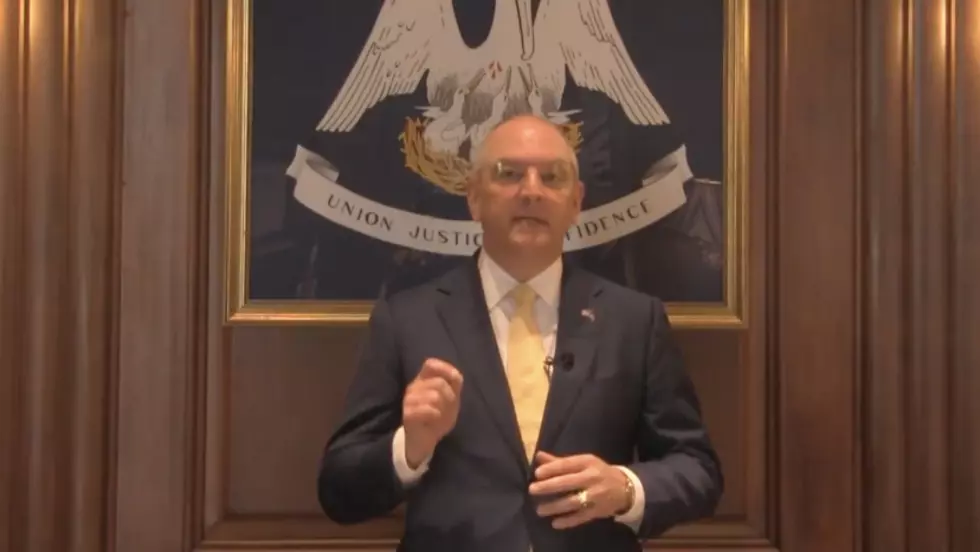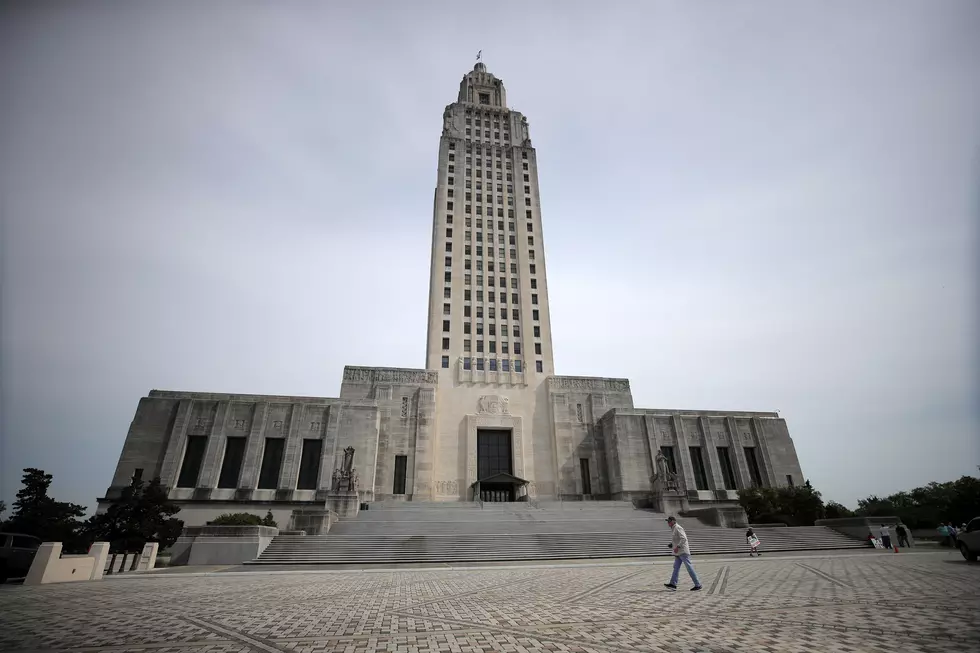
Judge Throws Out Louisiana Congressional Maps
Louisiana legislators learned in the waning hours of the 2022 regular session that they will soon have to return to the Capitol to redraw the state's congressional districts.
A Baton Rouge federal judge has invalidated the Congressional maps approved in March by state legislators and vetoed by Governor John Bel Edwards. Lawmakers subsequently overrode that veto in a rare rebuke of the governor's power.
The two maps approved by the legislature, authored by House Speaker Clay Schexnayder and Senator Sharon Hewitt, both Republicans, maintained the status quo of one minority-majority congressional district out of six despite 2020 census data showing that one-third of Louisiana's population is not white. Governor Edwards argued that lawmakers should have taken this into account when drawing the new map.
"This map is simply not fair to the people of Louisiana and does not meet the standards set forth in the federal Voting Rights Act," Edwards said in his veto message. "The Legislature should immediately begin the work of drawing a map that ensures Black voices can be properly heard in the voting booth. It can be done and it should be done."
The American Civil Liberties Union and the National Association for the Advancement of Colored People both sued the state government immediately after the legislature overrode Edwards's veto. Judge Shelley Dick of the United States Court for the Middle District of Louisiana ruled that the plaintiffs "are substantially likely to suffer irreparable harm."
"The appropriate remedy in this context is a remedial congressional redistricting plan that includes an additional majority-Black congressional district," Judge Dick wrote in her opinion. "The United States Supreme Court instructs that the Legislature should have the first opportunity to draw that plan. Therefore, the Court ORDERS the Louisiana Legislature to enact a remedial plan on or before June 20, 2022. If the Legislature is unable to pass a remedial plan by that date, the Court will issue additional orders to enact a remedial plan compliant with the laws and Constitution of the United States."
In March, Sen. Hewitt told the Louisiana Radio Network that crafting a map with a second minority-majority district was impossible.
"You can only draw a second minority district if the minority lives in an area that's geographically compact and in of a sufficient number where they'd perform as a minority district," Senator Hewitt said. "We were just not able to physically able to draw a map with two minority districts that would perform as minority districts."
Judge Dick's ruling gives state lawmakers two weeks to redraw and approve a new Congressional map.
According to a Tweet from Attorney General Jeff Landry, the state will appeal Judge Dick's ruling.
However, LA-2 Rep. Troy Carter (D-New Orleans) is urging the legislature to approve one of the proposal introduced during the redistricting session that provided for a second minority-majority district.
No word on if or when legislative leaders will call a second redistricting session to create a map that confirms with Judge Dick's ruling.
Seven Forgotten Facts About Lafayette
Lafayette: 1981 vs. 2021
The Seven Modern Wonders of Acadiana
More From Classic Rock 105.1






